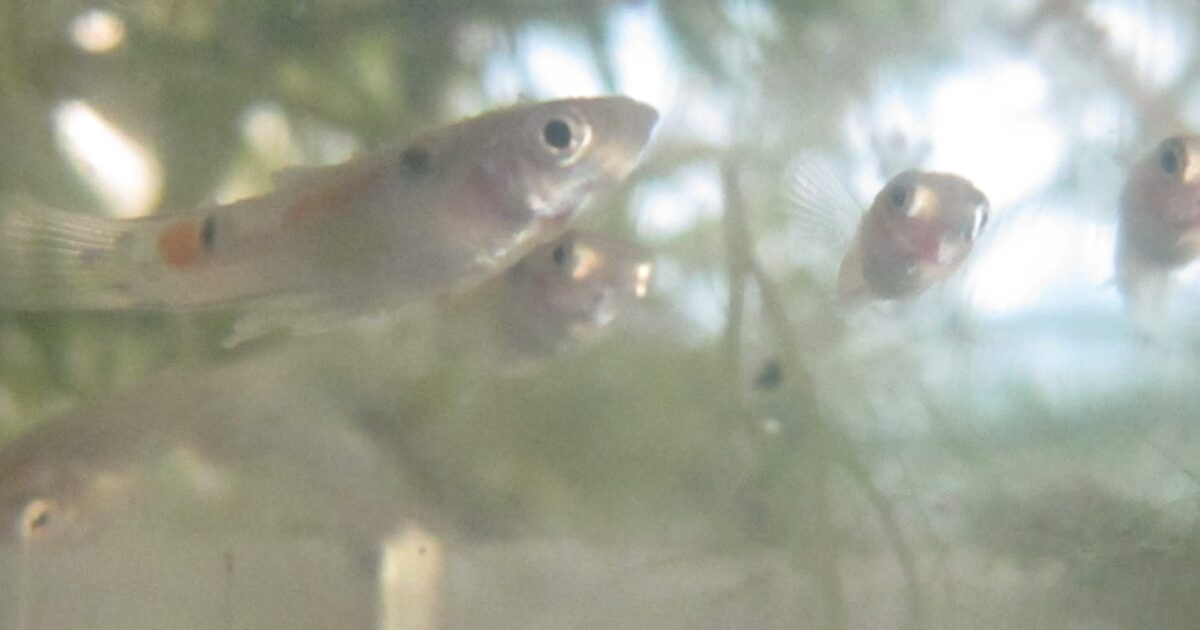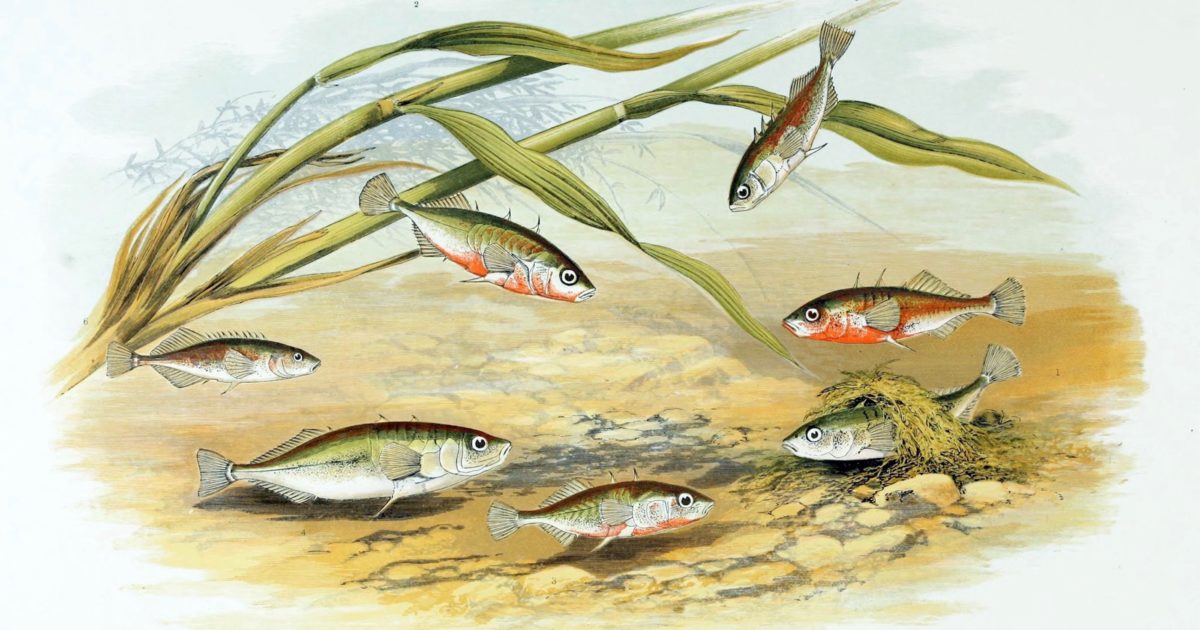
stickleback fish


Predictions for the Guppy from the Engineering/Design Model

Engineers Crash the Evolution Party, Rethink Biological Variation

Studies on Stickleback Fish Further Validate Engineering Models for Adaptation

#4 of Our Top Stories of 2019: Apeman Waves Goodbye to Darwinian Gradualism

Apeman Waves Goodbye to Darwinian Gradualism
Loss of Function in Stickleback Fish = Loss of Another Argument for “Macroevolution” for Francis Collins
In his book The Language of God, theistic evolutionist scientist Francis Collins contends that diversity within populations of stickleback fish demonstrates that there is no distinction between “macroevolution” and “microevolution.” According to Collins, “It is not hard to see how the difference between freshwater and saltwater sticklebacks could be extended to generate all kinds of fish. The distinction between macroevolution and microevolution is therefore seen to be rather arbitrary; larger changes that result in new species are a result of a succession of smaller incremental steps.” (p. 132) Aside from the fact that this provides another example refuting the Darwinist myth that ID proponents invented terms like “macroevolution” or “microevolution,” a closer look at the facts shows that Collins’ story Read More ›






































